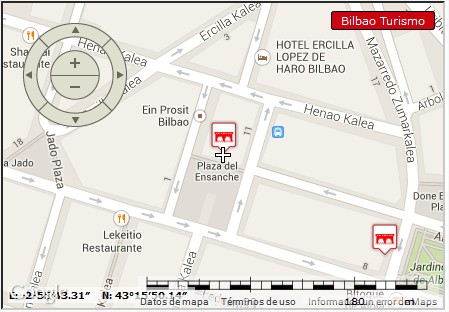
Lecture of Prof. Alberto Abadie
|
19th of June - 18:00
|
|
BC3, Basque Centre for Climate Change is pleased to invite you to the lecture that is to be held on the 19th of June at the Ensanche Building (Exhibition Room, 18:00). During this lecture, Alberto Abadie, Professor of Public Policy at the John F. Kennedy School of Government (Harvard University), will present an econometric method to evaluate the effects of public programs. He will address a brief description of applications of the synthetic control method to the analysis of environmental and/or energy programs.
Download presentation (PDF 328Kb) |
|
||||||||
|
Prof. Alberto Abadie Alberto Abadie is a Professor of Public Policy at the John F. Kennedy School of Government, Harvard University Born in Bilbao. He received his PhD in economics from the Massachusetts Institute of Technology (M.I.T). He lives in Cambridge, Massachusetts. His main research areas are econometrics, labor economics, and public finance. In his research, Alberto Abadie has developed econometric methods to evaluate the effects of public programs.
In addition, as a native of the Basque Country, Alberto Abadie has long been interested in issues concerning terrorism. Alberto Abadie' s recent research uses data and economic models to analyze the causes and consequences of terrorism.
Abstract of the Lecture In recent years, widespread agreement has arisen on the need to build bridges between the qualitative and quantitative aspects of empirical research into the effects of public programs. In this presentation I will discuss the synthetic control method as a means of narrowing the quantitative/qualitative gap in comparative studies to evaluate effect. The synthetic control method provides a systematic system for choosing a control group from among the units not exposed to the intervention under evaluation. This systematization opens the door to quantitative inference in comparative studies with small samples, without excluding the application of qualitative approaches. Some empirical applications of the synthetic control method are: the effect of the California tobacco control program, the economic effect of German reunification, and the economic cost of terrorism in the Basque Country. I will end the presentation with a brief description of applications of the synthetic control method to the analysis of environmental and/or energy programs. |
Prof. Alberto Abadie Personal web page http://www.hks.harvard.edu/about/faculty-staff-directory/alberto-abadie |
|
Venue Ensanche Building (Plaza Ensanche, 11 48009 Bilbao) |
|







